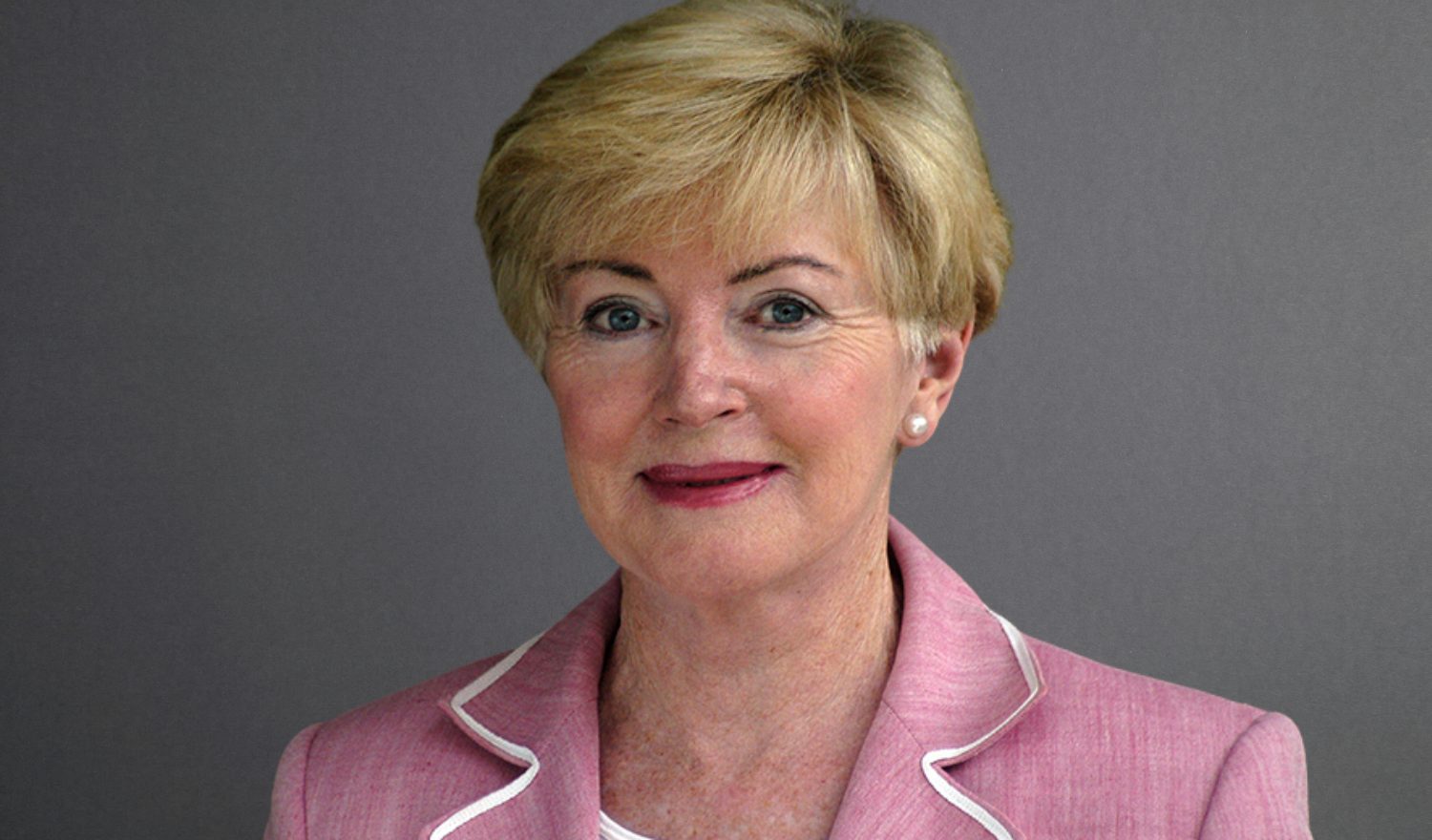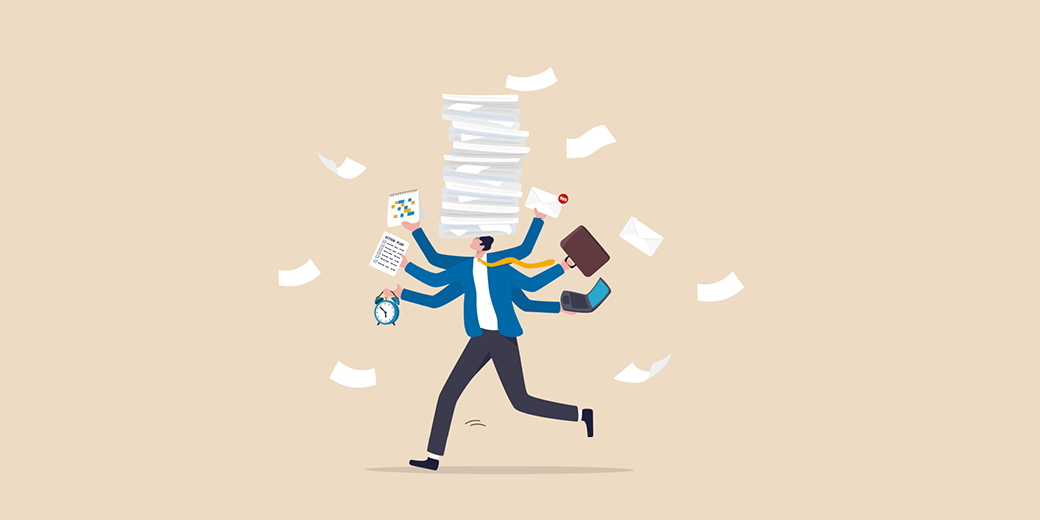What skills matter most to lawyers? Upon graduation, you might say, ‘strong academic performance’, ‘critical thinking’, or even ‘resilience and grit’.
As lawyers’ careers progress, technical expertise develops alongside an ability to ‘read’ what a client wants, needs or might not be saying, as well as other skills like negotiation and business development. Yet the ability to make good decisions - the cornerstone of a competent advisor as they decide what advice to provide - is often overlooked as a key skill of good lawyers.
To learn more about decision-making and why it matters, we spoke to David Cosgrave, longstanding general counsel, College of Law adjunct lecturer and risk governance adviser.
Food for thought… the future is inherently uncertain. The role of a lawyer is less about controlling the future and more about becoming comfortable with ambiguity and uncertainty.
Clarity clients can act on and trust
“It depends,” is a response lawyers are well-known for, and given the complexity of legal advice, it’s understandable. However, it rarely provides the certainty or clarity clients seek.
“Clients are the ultimate decision-makers,” David says. “But understanding how they decide, giving them the information necessary to make that decision and helping them build the framework for their decision-making is where lawyers can really add value.”
Lawyers often weigh and avoid risk. But making a decision innately involves taking risk by taking action or a position. To risk-averse lawyers, committing to advising a clear course of action can be challenging.
“When advising, lawyers themselves have to be good decision-makers,” David explains. “It isn't necessarily a trait that is expressed boldly. But as a client, would you really want to engage with an indecisive lawyer?”
The challenge for lawyers lies in managing complexity.
“Lawyers must concisely summarise lengthy, analytical, and qualified advice into a few lines to correctly pose the question that the client needs to decide on. This is the difficulty lawyers face,” David says.
Through this process, lawyers tend towards advising with qualifications and caveats. This is because the law, and legal advice, rarely offer black-and-white answers.
“One solicitor I worked for often remarked, ‘grey is a wonderful colour to work within!’” David shares.
To develop decisiveness, David encourages lawyers to develop the following traits:
- the ability to master a complex set of facts and law quickly and thoroughly,
- the capacity to think deeply and frame the core issue concisely and succinctly, and
- the ability to communicate this core issue to the client in a way that allows them to make the decision.
Underpinning these traits, David urged lawyers to consider:
- Honesty: This can be tough, but it’s critical. As physicist Richard Feynman put it: “The first principle is that you must not fool yourself, and you are the easiest person to fool.”
- Uncertainty: Chef Anthony Bourdain’s tattoo, reported in his obituary: ‘The older I get, the less certain I am of anything.’ “Think about this,” David says. “There’s truth in it. How does this affect your decisions?”
- Timeliness: Several sources suggest that one should decide when one has between 40% to 70% of the information needed. “Under 40% is probably too little, and it is unlikely that one will get more than 70% of the information needed before the time for making the decision is past,” David explains.
Be willing to progress when it’s ‘80% perfect’
Being willing to commit to a decision with imperfect information might be one of the hardest challenges for well-trained, risk-averse lawyers.
“Commercial lawyers should develop the ability to be comfortable with uncertainty and then manage that uncertainty and its risks to their client’s benefit,” David says.
By way of analogy, David spoke of an actor in a Stephen Spielberg film, who shot two takes. When Spielberg chose to wrap the shot, the actor asked for another take, feeling they could deliver a better performance.
“Spielberg smiled and replied, ‘That was a good 80% scene. I need to move on and make the next scene 80% or better’,” David says. “The lesson? Make your decision and move on. No-one gets every decision right. If you follow the best process (for you) and are willing to learn from mistakes, things will work out.”
For lawyers looking to refine their decision-making skills, David suggests some targeted reading and learning.
“Read Daniel Kahneman’s ‘Thinking, Fast and Slow’, and Malcolm Gladwell’s ‘Blink’,” David says. “Read everything you can about cognitive bias, consequential thinking and critical thinking. Constantly refresh and train yourself about the impact of cognitive bias and reflect on every decision you make professionally.”
Reframe your role as ‘information broker’, not ‘controller of the future’
Part of being more decisive can come down to reframing how a lawyer views their role.
“A lot of commercial and business law focuses explicitly or implicitly on trying to control the future for your client’s benefit,” David explains.
The problem, he says, is that the future is inherently uncertain. The role of a lawyer is less about controlling the future and more about becoming comfortable with ambiguity and uncertainty.
“What I both practice and teach is how to identify and manage those parts of uncertainty we choose to call risk,” David says. “I then structure my framing of issues and my decision-making around managing that risk while achieving the client's goals.”
“If you really want to expand your thinking, read Dr Ben Bernanke’s Nobel prize-winning paper on the information brokerage role of banks in the Great Depression. Sounds boring, right? To the contrary, if you apply his lessons and start thinking about the fact that being a lawyer means being an information broker, you tend to think more responsibly about the decisions you make and how you prepare your client to make decisions.”
To do so, David provided three practical suggestions:
Think ahead. “Think through possible future scenarios in your head and how you would respond. The one who thinks first laughs last.”
Write your reasoning. “With significant decisions, I will often write down my chain of reasoning to clearly see my thinking.”
Test your thinking. “If you have the benefit of working with people you trust, and with whom you safely disagree, test your thinking with them. Debating the decision with your team has two unambiguous benefits: it usually strengthens and improves your decision - i.e., deciding the question you’re going to pose to the client. If done right, it also aligns your team behind you. Alignment is not necessarily full agreement, but it is far better than having someone later say, ‘I told you so!’”
Embrace Garner’s ‘75 word max’ rule
Much of helping a client make good decisions comes down to framing good questions. To frame good questions, David recommends American legal scholar Bryan Garner’s ‘75 word max’ rule.
“However, as Garner cautions, you must state the issue fairly. Don’t overreach. And don’t ‘colour the issue with loaded adjectives and argumentative consequences.’ The goal is to have the Court decide to answer the question you pose, because, as a consequence, ‘it will probably reach the conclusion you urge.’”
If you develop the discipline to do this in 75 words or less, you are far more likely to be clear, concise and persuasive.
“It works,” David says. “I have used it in disputes and in commercial advice. It forces you to really think through the clutter of facts and law and identify the core issue. Achieving that can help the client — whether you are dealing with a dispute or a commercial matter.”
Keeping a cool head is also important
“Lawyers need to be the last person in the room to lose their temper,” David says. “In fact, much research reflects the negative impact of emotion and biology on our decision-making, as well as our risk-taking.”
David argues that by improving how lawyers frame questions for clients, as well as how they present information, they amplify their value as advisors – rather than losing clients amidst a sea of complex information.
A self-confessed Top Gun tragic, David cited Top Gun - or the U.S. Navy’s Fighter Weapons School - as a providing interesting, contrasting approaches to decision-making.
“My cousin attended the U.S. Navy’s Fighter Weapons School,” David says. “From what he relayed to me, the curriculum improves pilots’ flying abilities – but also teaches them to understand the strategic environment in which they fly. The aim, apart from making them better pilots who can go back to their squadrons and teach other pilots, is to give the students the tools to make far better decisions in stressful and dynamic situations.”
“To me, legal education must never lose sight that this is a practical profession that helps people avoid or resolve disputes. If we can improve how we make decisions, we're going to be better at achieving this.”
To learn from David Cosgrave, along with other highly experienced and practising College of Law lecturers, review our postgraduate programs.



























![How to handle Direct Speech after Gan v Xie [2023] NSWCA 163](https://images4.cmp.optimizely.com/assets/Lawyer+Up+direct+speech+in+drafting+NSW+legislation+OCT232.jpg/Zz1hNDU4YzQyMjQzNzkxMWVmYjFlNGY2ODk3ZWMxNzE0Mw==)






















































